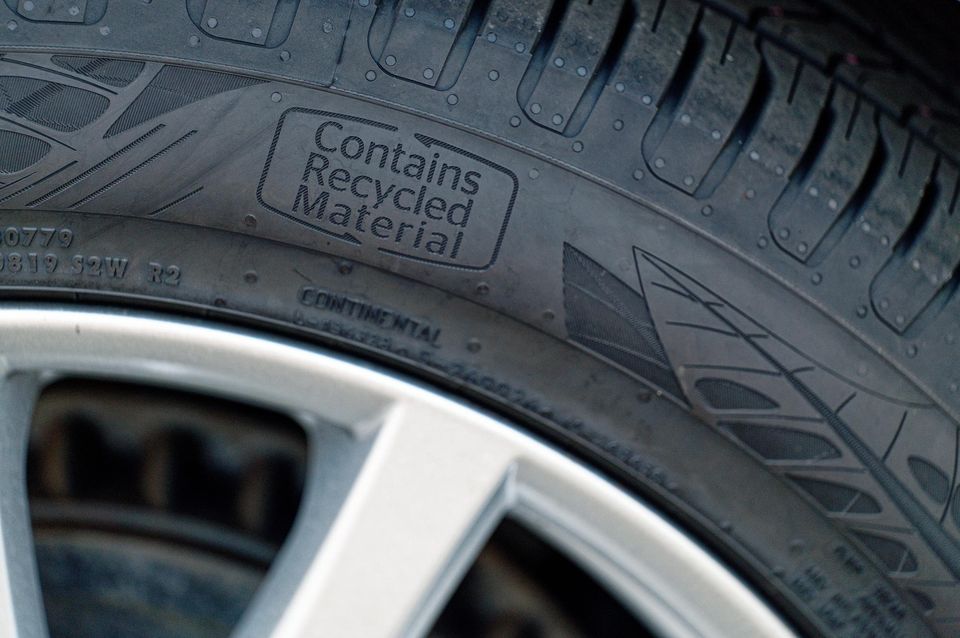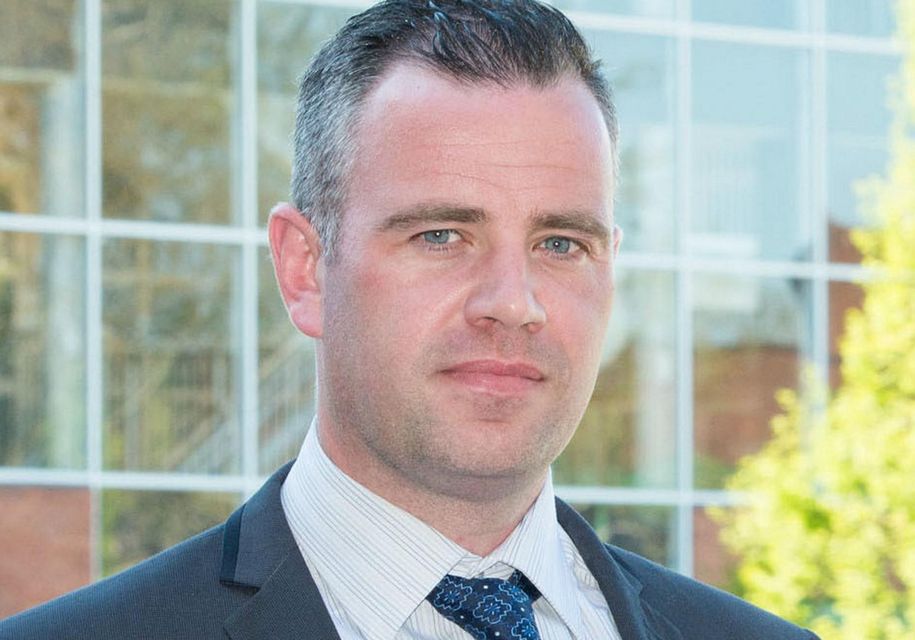[ad_1]
It felt like we environmental scientists knew about this ticking timebomb – but the rest of the world derided us as tree huggers.
Things have changed. The environmental scientist’s day has dawned.
‘The most common question I’m asked is where to start’
As we navigate the 21st century, one thing will become increasingly clear: our future depends on our ability to quickly transition towards a sustainable and environmentally responsible economy.
At Ingenium, I get to work with companies from different industries who are building growth strategies to maximise shareholder value, giving real opportunities to their people, and generally trying to be a good corporate citizens.
In the last few years there has been a subtle shift in their narrative. Sustainability is genuinely becoming as important as profitability. The penny has dropped.
The most common question I’m asked is where to start.
Well, you’re probably already doing a lot of small but good things – paperless offices, energy-saving appliances, allowing hybrid work, minimising commuting. These all matter.
After that, look at the gaps, identify the big things that will take a transitional plan over time. Identify and start picking low-hanging fruit – the quick wins that allow you to create the momentum for change.
These quick wins could be bringing in free public transport for all staff, putting solar panels on the roofs of a premises, changing your fleet to electric vehicles. It’s strategy building – and that’s what this is all about: growth and sustainability goals going hand-in-hand, complementing each other.
Transitioning to a green economy is not just an ethical endeavour, it’s also a smart business move. Sustainable practices often lead to substantial cost savings in the long run. One person’s waste is another’s raw material.
Continental’s new UltraContact NXT tyre is made of 65 percent renewable and recycled material. Photo: Getty
Embracing a green economy stimulates innovation and opens up new avenues for growth. This pursuit of innovation often results in breakthrough technologies, improved processes and eco-friendly products.
There are huge benefits to this when looked through the lens of the environmental, social and governance (ESG) benefits to a company.
The biggest benefit of embracing the green economy lies in safeguarding the planet’s already damaged ecosystems.
As companies adopt sustainable and cost-saving practices such as reducing carbon emissions, conserving resources and minimising waste, they actively contribute to mitigating climate change and preserving biodiversity.
In today’s interconnected world, consumers increasingly gravitate towards environmentally responsible companies, price is becoming less and less of a pull – believe it or not.
By embracing the green economy, businesses can enhance their reputation and brand value.
James Ring
Consumers are more likely to support and remain loyal to companies that prioritise sustainability and demonstrate a genuine commitment to the environment.
This positive image translates into increased customer trust, brand loyalty and distinct competitive advantage.
With Ireland at full employment, the need to attract and retain talent is risen to a whole new level. Much of this is fuelled by employer recklessness. They’re paying over-inflated salaries, gambling on future growth that may not be realised. I think we will see casualties.
‘Identify and start picking the low-hanging fruit – they’re the quick wins’
That being said, there is always a need to attract great talent.
Employees seek meaningful work that aligns with their values and purpose, particularly the younger entrants into the workforce who are growing up in the most environmentally aware generation ever.
This matters to them. I’ve seen energy companies who continued to bet on oil and gas wonder why staff were leaving for competitors.
Alternatively, at a client of mine, a Dublin-based solar power company, I’ve seen how an inspiring vision to power the world sustainably is genuinely motivating and galvanising a relatively young workforce.
James Ring is CEO of Ingenium, based in Limerick
[ad_2]
Source link


